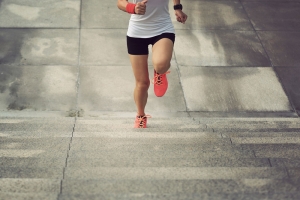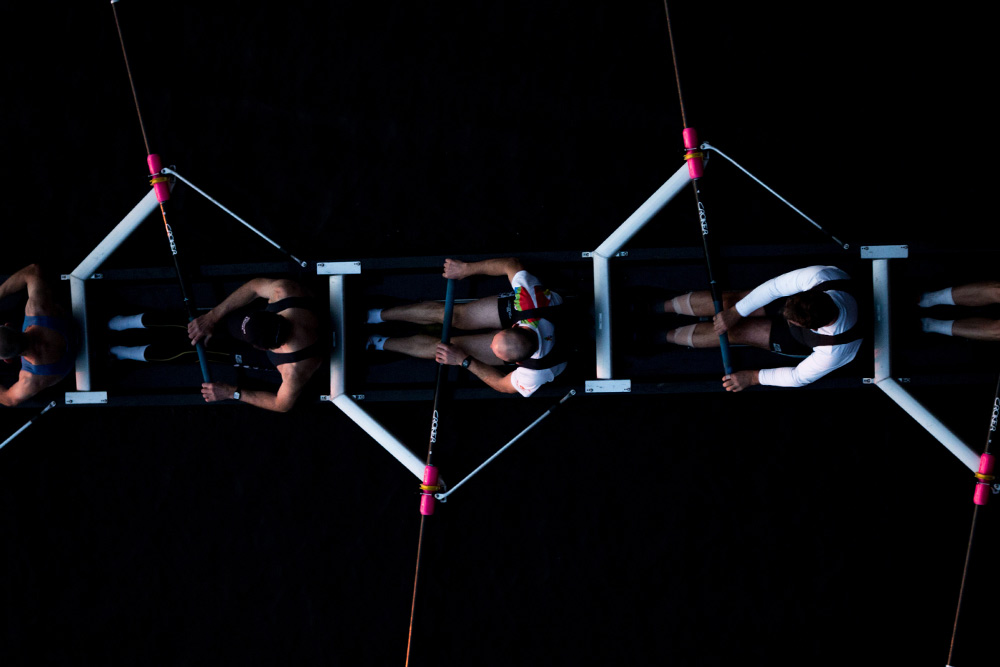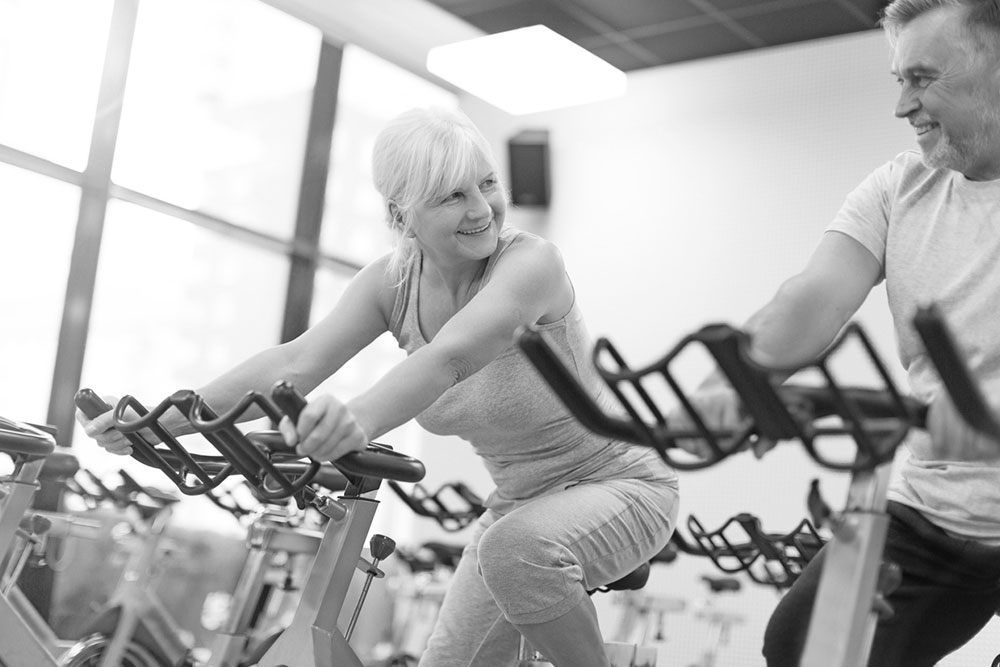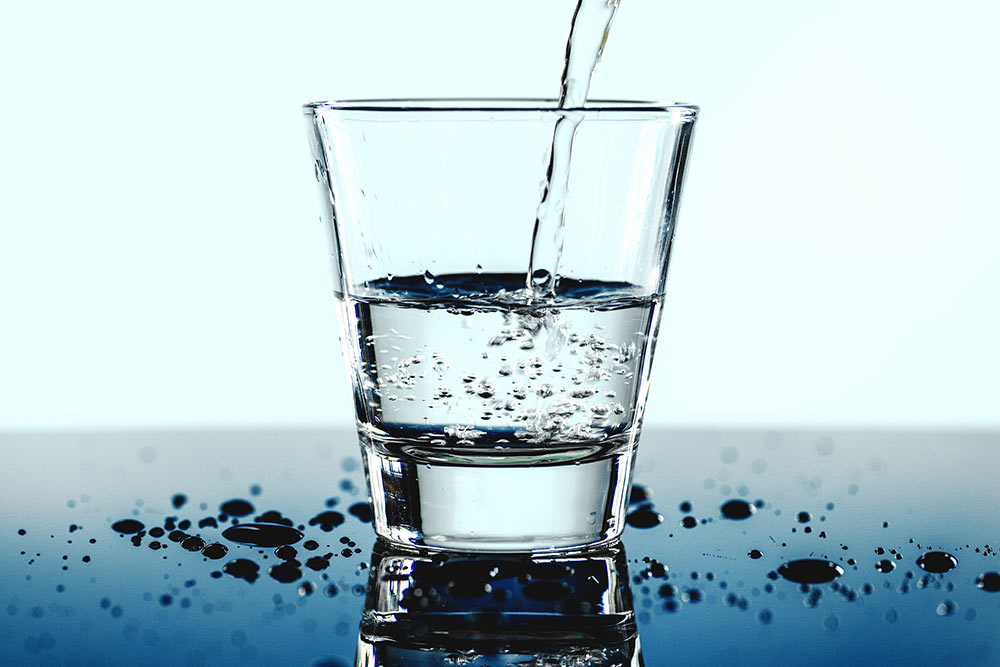Does Aerobic Exercise Improve Learning?

This article was adapted from a combination of speeches given at the European Sports Science Conference 2018, most notably Einat Kodesh (UNIVERSITY OF HAIFA, ISRAEL).
Dayton Kelly
Exercise has demonstrated numerous benefits to cognitive function and memory. Interestingly, it is becoming increasingly apparent that brief periods of aerobic activity can improve our capacity to learn fine motor skills (e.g. drawing a shape) and retain these skills. This exercise seems to prime the nervous system to learn new tasks and retain them.
Related Article: 3 Ways Physical Exercise Improves Cognitive Function in Middle-Aged Women
What’s the evidence?
A recent investigation which recruited 50 healthy adults assigned these individuals to one of four exercise groups before learning a star tracing task: an aerobic cycling group (5 minutes of cycling at 70% heart rate reserve), a medium intensity cycling group (five bouts of 10 second maximal cycling with 50 second breaks between), a high intensity cycling group (five bouts of 20
 second maximal cycling with 40-second breaks between), or a control group (no exercise). Immediately after exercise, participants from each group performed 5 attempts at the star tracing task during which time and accuracy were measured to quantify learning over the trials. Twenty minutes and 24 hours following, star tracing ability was remeasured to determine if participants retained learned improvements from the initial block. It was discovered that time to complete the task rose 11.1% from post learning values in the no exercise control group, differing significantly from all exercise groups which retained the same duration or became faster by the 24-hour post-exercise trial. Slower time is likely the result of a time-accuracy tradeoff in which no exercise controls were unable to retain learned movement patterns and were thus forced to perform the movement more slowly to ensure accuracy. Similar benefits of brief bouts of exercise to in skill acquisition and skill retention have been demonstrated by numerous other authors.
second maximal cycling with 40-second breaks between), or a control group (no exercise). Immediately after exercise, participants from each group performed 5 attempts at the star tracing task during which time and accuracy were measured to quantify learning over the trials. Twenty minutes and 24 hours following, star tracing ability was remeasured to determine if participants retained learned improvements from the initial block. It was discovered that time to complete the task rose 11.1% from post learning values in the no exercise control group, differing significantly from all exercise groups which retained the same duration or became faster by the 24-hour post-exercise trial. Slower time is likely the result of a time-accuracy tradeoff in which no exercise controls were unable to retain learned movement patterns and were thus forced to perform the movement more slowly to ensure accuracy. Similar benefits of brief bouts of exercise to in skill acquisition and skill retention have been demonstrated by numerous other authors.
Why is aerobic exercise benefiting skill acquisition?
Numerous mechanisms are thought to explain improved skill acquisition and retention including improved alertness from the release of catecholamines and the increased production of neural growth factors with exercise. While increased alertness appears the most probable explanation given the brief nature of the endurance, recent studies demonstrating increased neural plasticity with exercise training and subsequently improved rates of learning suggested the effects of exercise on the growth patterns of neurons cannot be ignored as an explanation of improved learning.
 When selecting exercise intensity to improve learning it appears important that intensity is kept sufficiently low that individuals are not unduly fatigued prior initiation of learning. High intensity, however, appears to increase neural growth factors (important to memory retention) to a greater extent than lower intensity exercise. For this reason, the choice to perform short high intensity or short low-intensity exercise may represent a tradeoff between an improved rate of learning and an improved rate of retention. That is, brief low-intensity work may favor faster learning by minimizing the effect of fatigue but sacrifice the potential retention benefits of high-intensity exercise because fewer neural growth factors are released. Comparatively, higher intensity work which is more fatiguing but releases more growth factors may only moderately improve learning rate but greatly improve retention. This acquisition-retention trade remains largely hypothetical and will require further investigation to determine its true effects and optimize the intensity and duration of exercise to maximize both learning and retention.
When selecting exercise intensity to improve learning it appears important that intensity is kept sufficiently low that individuals are not unduly fatigued prior initiation of learning. High intensity, however, appears to increase neural growth factors (important to memory retention) to a greater extent than lower intensity exercise. For this reason, the choice to perform short high intensity or short low-intensity exercise may represent a tradeoff between an improved rate of learning and an improved rate of retention. That is, brief low-intensity work may favor faster learning by minimizing the effect of fatigue but sacrifice the potential retention benefits of high-intensity exercise because fewer neural growth factors are released. Comparatively, higher intensity work which is more fatiguing but releases more growth factors may only moderately improve learning rate but greatly improve retention. This acquisition-retention trade remains largely hypothetical and will require further investigation to determine its true effects and optimize the intensity and duration of exercise to maximize both learning and retention.
Related Article: 4 Areas Of The Brain That Benefit From Exercise
The takeaway
The next time you must learn a fine motor skill is may be worth trying a series of brief bursts of jumping jacks beforehand. When choosing an intensity, try something demanding but not overly fatiguing. The evidence suggests your efforts may be rewarded with faster learning and better retention.
Additional reading:
Griffin, É. W., Mullally, S., Foley, C., Warmington, S. A., O’Mara, S. M., & Kelly, Á. M. (2011). Aerobic exercise improves hippocampal function and increases BDNF in the serum of young adult males. Physiology & behavior, 104(5), 934-941.
Smith, P. J., Blumenthal, J. A., Hoffman, B. M., Cooper, H., Strauman, T. A., Welsh-Bohmer, K., … & Sherwood, A. (2010). Aerobic exercise and neurocognitive performance: a meta-analytic review of randomized controlled trials. Psychosomatic Medicine, 72(3), 239.
You Might Like:













